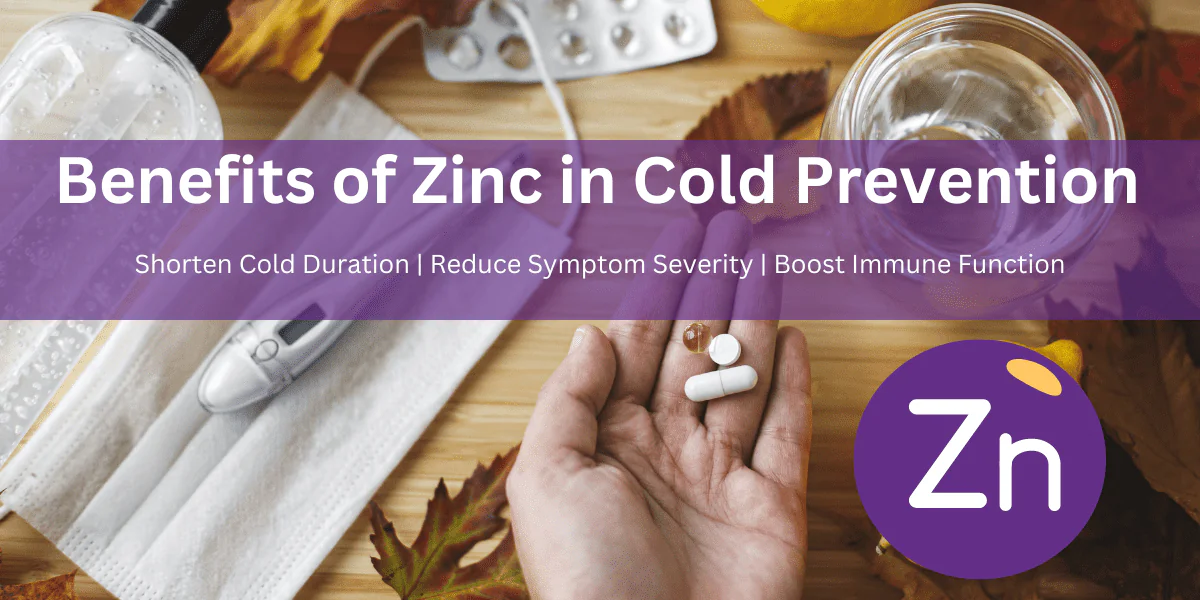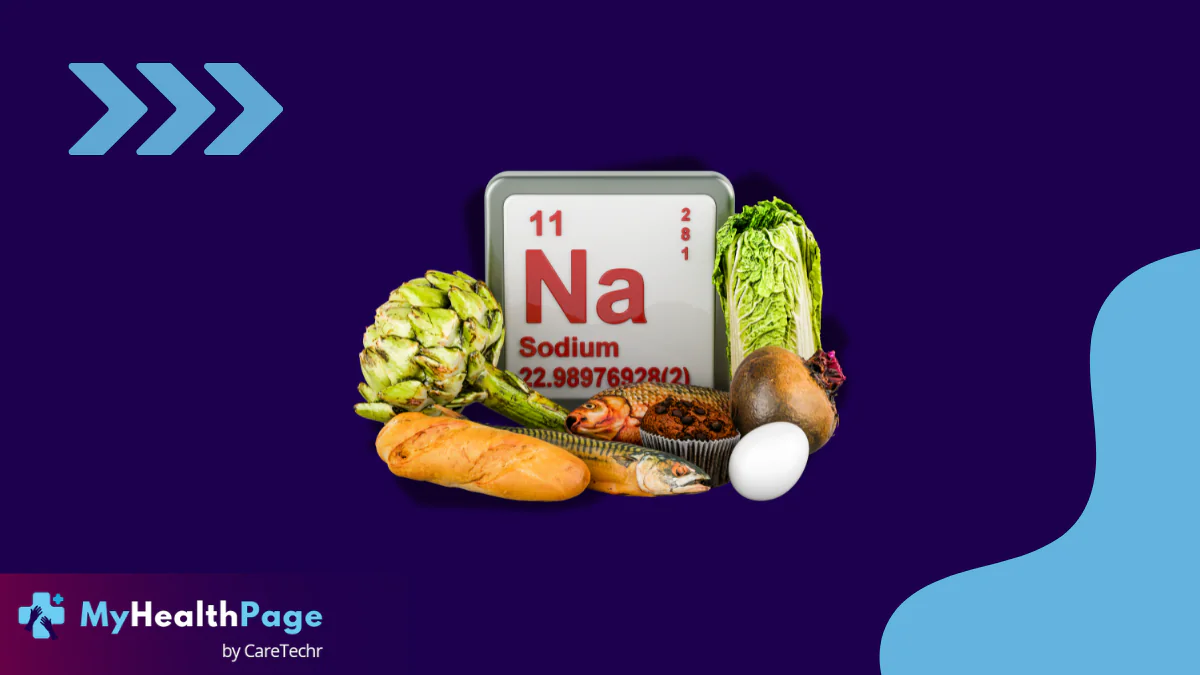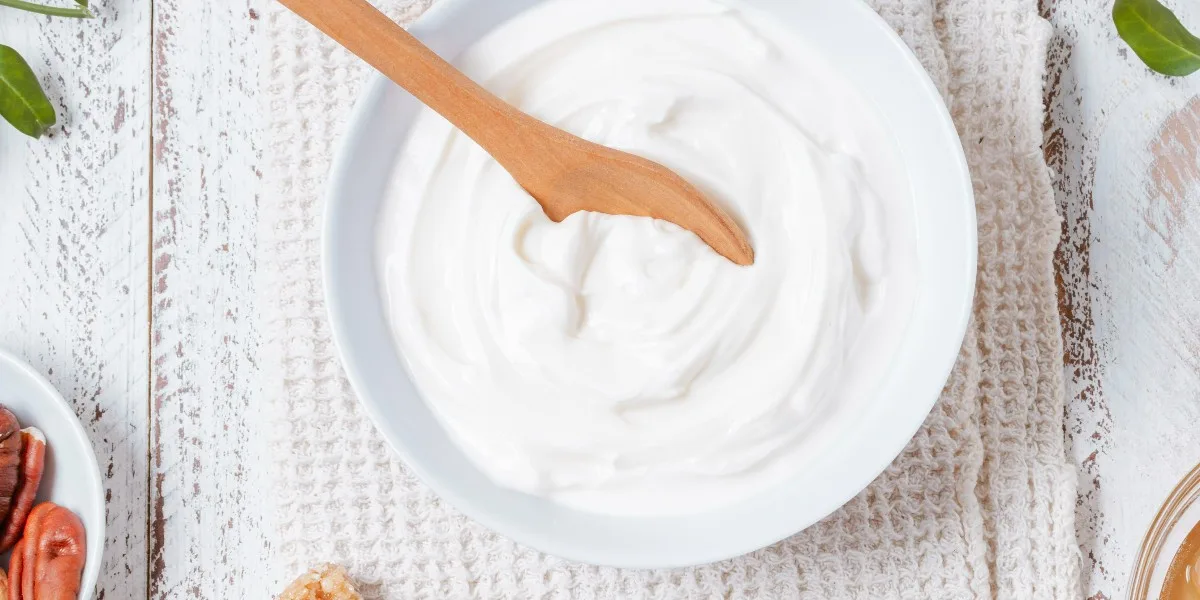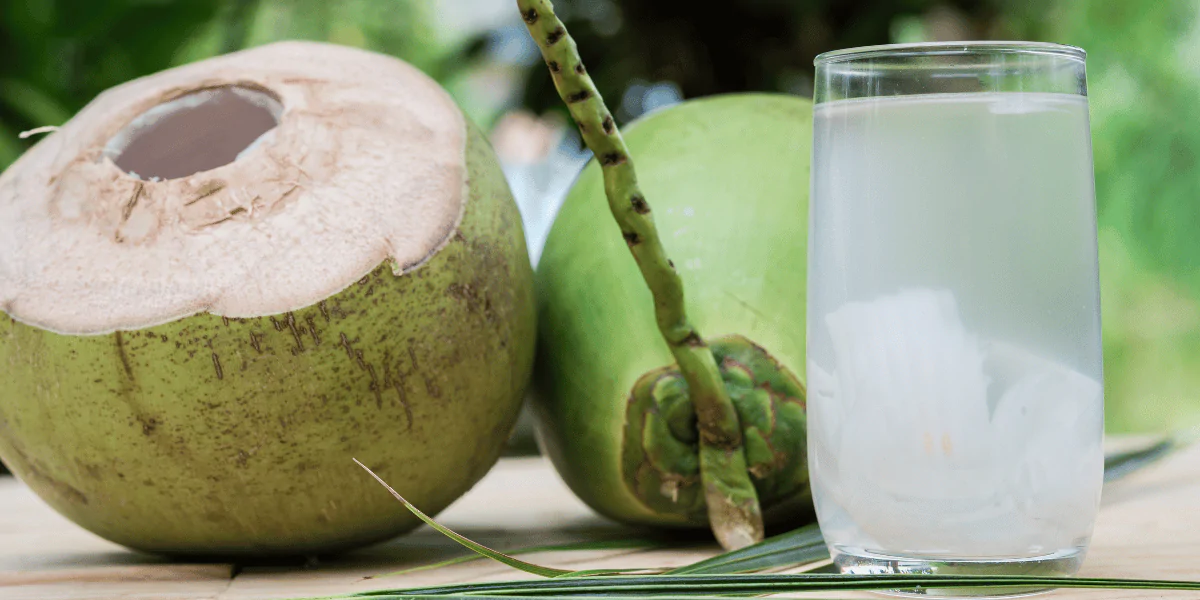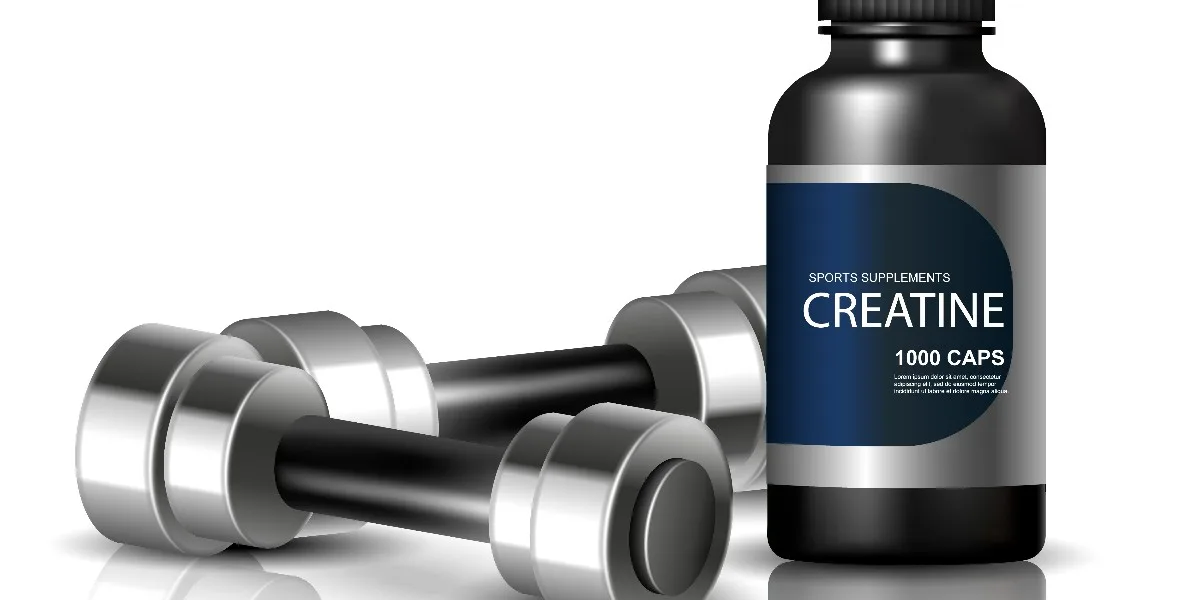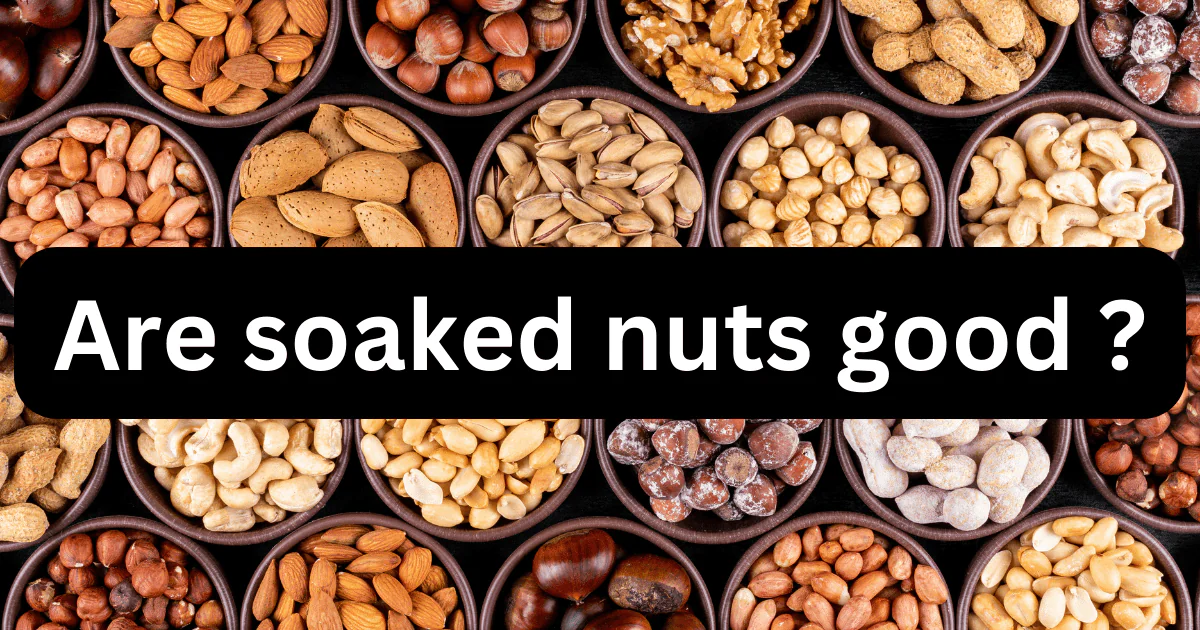When the cold and flu season strikes, it’s important to do everything possible to strengthen your immune system and try to prevent catching those dreaded viruses. While there’s no magic cure for the common cold, there is evidence that the mineral zinc can help reduce the severity and duration of cold symptoms if you take it at the first signs.
Zinc is an essential mineral that plays a vital role in many aspects of immune function and cell growth. It’s required for the normal development and function of immune cells like neutrophils, natural killer cells, and T-lymphocytes that help fight off infections. Zinc also has direct antiviral effects, inhibiting replication of viruses like the rhinovirus which causes many cases of the common cold.
The Benefits of Taking Zinc for Colds
Many scientific studies have investigated the effects of zinc taken orally or used intranasally (nasal spray/gel) when cold symptoms first appear. Here are some of the key potential benefits:
Reduced Duration of Cold Symptoms
A 2011 review and meta-analysis in the Canadian Medical Association Journal looked at data from 15 studies on zinc lozenges or syrup and the common cold. They found that overall, zinc products may reduce the duration of cold symptoms by up to 33%.
Another review published in 2017 in BMJ Open examined 18 randomized controlled trials including over 1,900 participants. They concluded that taking relatively high doses of zinc (75-92 mg/day) within 24 hours of the first cold symptoms could reduce the duration by up to 2-4 days.
Faster Recovery from Cold Symptoms
In the CMAJ review, the studies found zinc lozenges also helped increase the rate of recovery from common cold symptoms like nasal discharge, muscle aches, and cough.
The BMJ Open review similarly reported that high doses of zinc led to a quicker resolution of common cold symptoms compared to placebo.
Reduced Severity of Cold Symptoms While the evidence is more mixed on severity, some studies have suggested zinc may modestly reduce symptom severity in addition to shortening duration. The CMAJ analysis found zinc could potentially reduce the severities of muscle aches, nasal drainage, and nasal congestion.
How Much Zinc to Take for Colds
Most studies showing benefits used relatively high doses of zinc, in the range of 75-92 mg per day. It’s recommended to take the zinc lozenges or syrup as soon as possible after noticing the first signs of a cold coming on, like a scratchy throat or runny nose.
For best absorption, lozenges or syrups that have zinc acetate, gluconate or glycine are preferred over zinc oxide. The lozenges should be allowed to fully dissolve in the mouth rather than being swallowed whole.
It’s best to take the full daily zinc dosage in multiple smaller doses spread throughout the day. For example, taking 23-24 mg every 2-3 hours while awake to reach around 92 mg per day.
Only take high doses of supplemental zinc for a week or two while symptoms persist. Long-term high intake can lead to adverse effects like nausea, loss of appetite, and copper deficiency.
Potential Side Effects of Zinc
While generally well-tolerated, some people may experience side effects when taking high doses of zinc for colds, including:
- Nausea
- Metallic taste
- Stomach upset
- Diarrhea
These side effects seem to be more common at daily zinc intakes over 100-150 mg. To reduce side effects, take zinc with food and avoid taking it right before bed. Stop taking supplemental zinc once cold symptoms resolve.
Who Should Avoid High-Dose Zinc?
While zinc is safe for most people used short-term for colds, certain groups should avoid or limit their zinc intake:
- People with low copper levels or taking zinc long-term
- Those with kidney disease or on certain medications that impact zinc levels
- Pregnant or breastfeeding women (get advice from doctor)
- Children under age 18 (studies only done in adults)
The Bottom Line
While zinc isn’t a fix for everything, research shows that taking 75-92 mg of zinc, like in lozenges or syrup, as soon as you notice a cold coming on might help make it shorter and less severe. It’s a simple, cheap, and usually safe way to maybe stop a cold before it gets really bad. But, don’t overdo it—too much zinc for too long can mess things up and cause problems, so stop when you start feeling better.
Read also : Unveiling the Impact of a Low Protein Diet on Human Longevity
Disclaimer : The information provided on myhealthpage.in is not a substitute for professional medical advice, diagnosis, or treatment. If you have any questions or concerns about your health, please consult with a licensed physician or other qualified healthcare provider.

